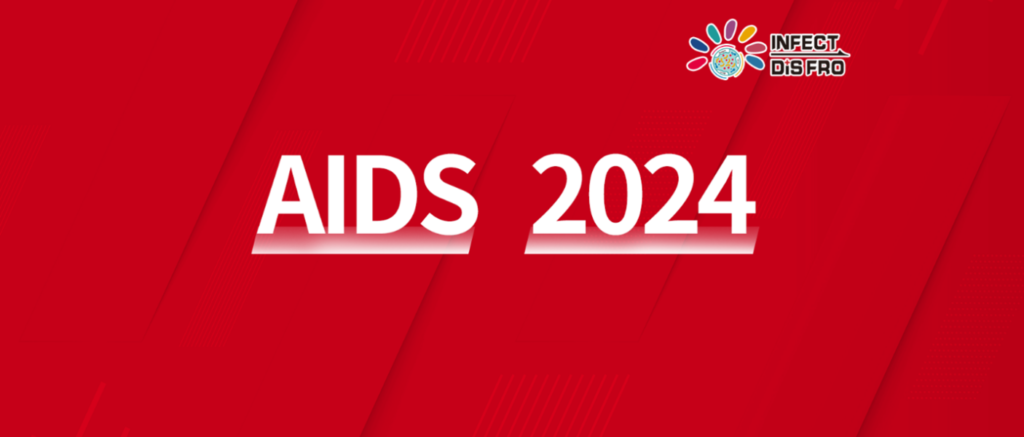
Editor's Note: From July 22 to 26, 2024, the 25th International AIDS Conference (AIDS 2024) took place in Munich, Germany, attracting 15,000 professionals and advocates worldwide to discuss the latest advancements and future challenges in HIV prevention and treatment. At the conference, a research team from Children's National Hospital in the United States, along with several collaborating institutions, presented findings from a study on the use of long-acting injectable HIV therapy (CAB/RPV) as a standard treatment regimen for adolescents and young adults with HIV (AYHIV). This study focused on the viral suppression rates, safety, and treatment adherence of AYHIV patients treated with CAB/RPV, providing new insights for long-term treatment management in this population.Long-acting injectable CAB/RPV is considered a promising therapy for improving adherence to antiretroviral treatment (ART) in adolescents and young adults with HIV. While most data on CAB/RPV use in AYHIV come from clinical trials, this study reported real-world data on the efficacy, safety, and adherence of CAB/RPV in AYHIV.
The research team analyzed data from 19 adolescents and young adults aged 12-25 years who received CAB/RPV treatment at Children’s National Hospital between October 2021 and December 2023. These patients had transitioned from oral ART to monthly long-acting injectable CAB/RPV, with the longest treatment duration reaching 26 months.
The results showed that the vast majority (94.7%) of patients achieved viral suppression within six months prior to the treatment switch. Most patients (89.5%) successfully transitioned from a daily oral regimen containing two nucleoside reverse transcriptase inhibitors (NRTIs) and one integrase inhibitor (INSTI). Although two patients (10.5%) experienced transient viral load fluctuations (≥200 copies/mL) during the initial switch, no resistance to CAB or RPV developed. By the study’s end, all participants maintained viral suppression.
Regarding safety, injection-related pain or discomfort was mostly mild to moderate, lasting 0.5 to 1 day, and could be alleviated by activity. Two patients with perinatal HIV infection experienced mild immediate adverse reactions (such as fatigue and pain) post-injection, which resolved within 20 minutes. Adherence was excellent, with no missed or delayed injections during the study period.
Dr. Tierra Williams, the study’s lead investigator, stated, “Despite facing challenges such as transient viral load fluctuations and special considerations for some high-BMI patients, we achieved 100% treatment adherence and viral suppression. This gives us confidence to further explore the long-term efficacy and sustainability of CAB/RPV in AYHIV.”
In the future, the research team will gather more data to assess the long-term treatment outcomes and sustainability of CAB/RPV in adolescents and young adults with HIV, providing stronger data support for HIV management in this population.
Note: This study was conducted in collaboration with the Division of Infectious Diseases at Children’s National Hospital, the Department of Pediatrics at George Washington University School of Medicine, the Department of Pediatrics and Infectious Diseases at the Medical University of South Carolina, and the Elizabeth Glaser Pediatric AIDS Foundation.


